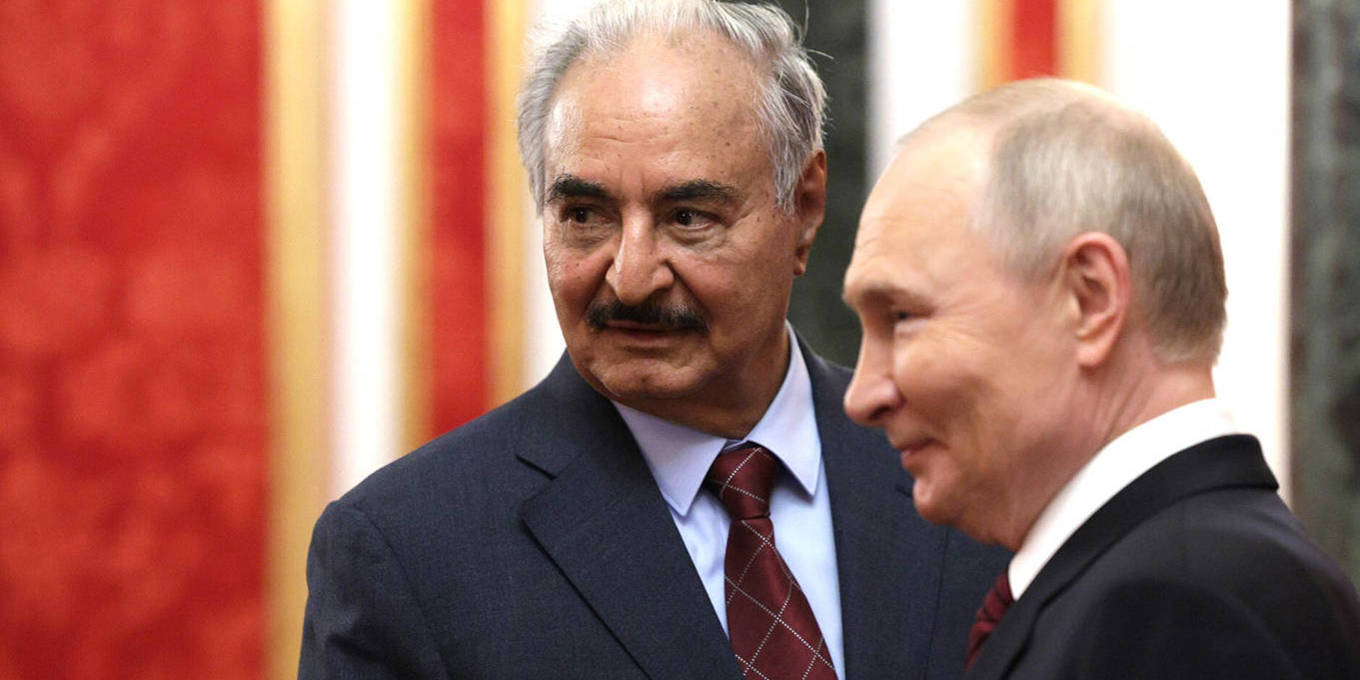
Since 2020, Russia has systematically built military bases across Libya, turning the fragmented country into a strategic platform to expand its foothold in Africa, forge alliances, and destabilize European countries. Europe’s governments must act swiftly before the threat becomes even harder to contain.
LONDON – Amid the wider instability sweeping the Middle East and North Africa, Libya has risen to the top of the agenda at high-level European talks. The renewed attention at the June session of the European Union Foreign Affairs Council and the recent meeting between French President Emmanuel Macron and Italian Prime Minister Giorgia Meloni was striking. After all, Libya has long been relegated to the category of foreign-policy blunders that Western governments prefer to forget, together with Iraq and Afghanistan.
- Turning Populism’s Tools Against Populism
 Jacob King/WPA/Pool/Getty Images
Jacob King/WPA/Pool/Getty Images - Europe Needs a Green Foreign Policy
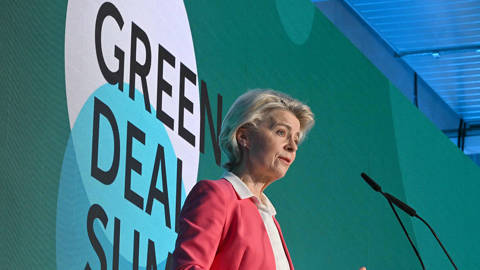 Michal Cizek/AFP via Getty Images
Michal Cizek/AFP via Getty Images - Is Democracy Stalemated?
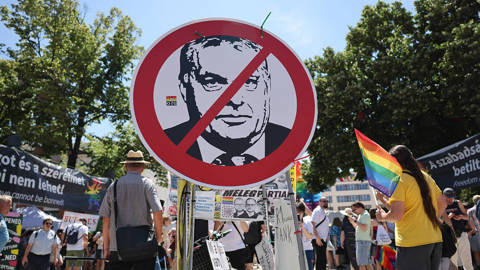
But Russia’s growing presence in Libya has set off alarm bells among European policymakers. Meloni recently warned that Russian missiles could soon be placed there – just a few hundred miles from Europe’s southern shores – potentially turning the country into a new front in Russian President Vladimir Putin’s war against the West.
While Meloni may have played up sensational newspaper headlines for dramatic effect, her concern was well-founded. Since 2020, Russia has systematically built a network of military facilities across Libya, in what is arguably Putin’s most effective foreign-influence operation to date. By turning Libya into a forward operating base, Russia has gained a strategic platform to extend its influence into Africa, forge new diplomatic alliances, and control a smuggling superhighway that can be weaponized against Europe.
Intelligence analysts have identified the web of Russian-operated airbases in Libya as a central pillar of the Kremlin’s African campaign. Most notably, these bases have supported Sudan’s Rapid Support Forces in their brutal war against the Sudanese Armed Forces and helped maintain Russia’s long-running but underreported reign of terror in the Central African Republic.
Russia’s increased military presence in Libya has also enabled it to bolster its influence in the so-called Sahelian “coup belt” of Niger, Mali, and Burkina Faso – a trio of unstable authoritarian regimes that have withdrawn from the Western-aligned Economic Community of West African States (ECOWAS) to form the Alliance of Sahel States.
Russia’s entry into the Sahel has catalyzed Europe’s expulsion from the region. By stoking anti-Western sentiment through disinformation campaigns, Russia has fueled public demand for the expulsion of France and other European forces while presenting itself as an alternative security provider. That dynamic is now repeating itself in Chad, the latest target of Putin’s influence campaign.
Secure your copy of PS Quarterly: Post Americana 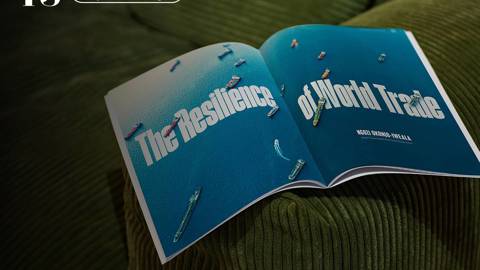
Secure your copy of PS Quarterly: Post Americana
A new issue of our magazine, PS Quarterly: Post Americana, is here.
Subscribe to PS Premium to read expert commentary on the collapse of US global leadership and its implications for trade, security, cooperation, and the future of power.
Subscribe Now
But despite its bombastic propaganda, Russia’s security assistance has been weak and often counterproductive, contributing to a surge in jihadist violence and terrorist activity that has inflicted heavy losses on Russian mercenaries.
In addition to formal partnerships, Russia has gained economic rewards through informal channels. The Russian-backed looting of state resources and the smuggling networks that thrive behind a thin veneer of state control overwhelmingly benefit ruling elites. The Haftar family – Russia’s main proxies in Libya – is a prime example. Unlike many of Russia’s other African allies, the Haftars preside over a de facto fiefdom, rather than a recognized state.
Indeed, Libyan National Army commander and self-proclaimed “field marshal” Khalifa Haftar is a warlord with no formal or legal authority, yet he wields brutal control over eastern and southern Libya with Russia’s backing. In recent years, the family has ensured that Russian bases are as effective at extracting wealth as they are at importing military assets.
Russia has used the Haftars to fragment Libya’s oil industry. In 2022, in the aftermath of Russia’s invasion of Ukraine, the Kremlin orchestrated an oil blockade to drive up global prices. Later, Libya’s oil sector served as a conduit for Russian fuel exports, helping to smuggle Russia’s sanctioned oil products into Europe (costing European governments vast sums in lost tax revenue) or redirect them to support Russia’s other African proxies.
But Russia isn’t just using Libya to finance its war in Ukraine and undermine Europe’s response. Through its alliance with the Haftar family, Russia has established a vast criminal infrastructure that it rents out to drug and arms dealers, human traffickers, and smugglers. This network has also enabled Russia to weaponize migration against Europe, simultaneously boosting the Haftars’ legitimacy and sowing political discord across the continent. Meanwhile, the Haftars – eager to expand their smuggling operation into a regional enterprise – have begun formalizing deals with neighboring countries.
In many ways, Libya and the Haftar alliance are the linchpin of Putin’s new foreign-policy strategy. Known as the “Karaganov doctrine” after Russian political scientist Sergei Karaganov, this strategy portrays Russia as an anti-colonial liberator intent on democratizing the global order by rallying non-Western countries against the West. The irony, of course, is that Russia’s anti-colonial project is built on war crimes, coups, and the extraction of African wealth to benefit Russian elites.
In February, members of the Haftar family traveled to Minsk, where they finalized an agreement to develop the port of Tobruk. Landlocked Belarus may seem like an unlikely partner for a port-development project, but the true value of the deal lies in giving Russia effective control over a new Mediterranean harbor and propping up a loyal ally.
While it is hardly surprising that Russia would exploit Libya’s geostrategic position and oil wealth, it is less clear why Europe has allowed the Kremlin to establish a foothold on its doorstep. European governments must act swiftly before the threat becomes even harder to contain.
Fortunately, policymakers are not without options. Sanctioning and freezing the accounts of Russian smugglers, targeting shell companies operating cargo flights into Russian bases, applying universal jurisdiction, and supporting prosecutions through the International Criminal Court are relatively straightforward steps that could severely undermine Russia’s efforts to destabilize Europe.
That said, to protect its vulnerable southern flank, Europe must do more than merely contain Russia’s influence. It must also offer a credible alternative. Helping to protect Libya’s oil industry from criminal exploitation would be a good start. Most importantly, European governments must finally deliver on their promises to facilitate Libya’s democratic transition – a commitment that has been repeated time and again, but never fulfilled.



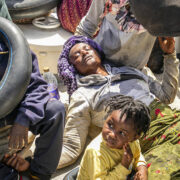

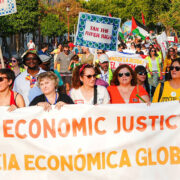
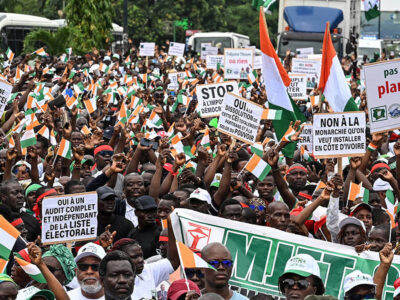
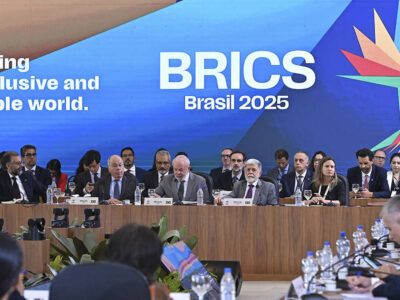

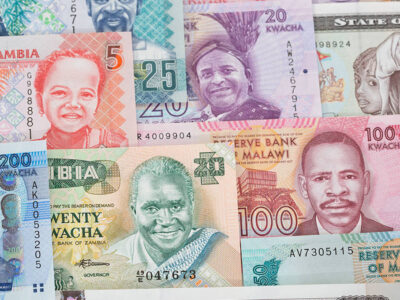

Comments